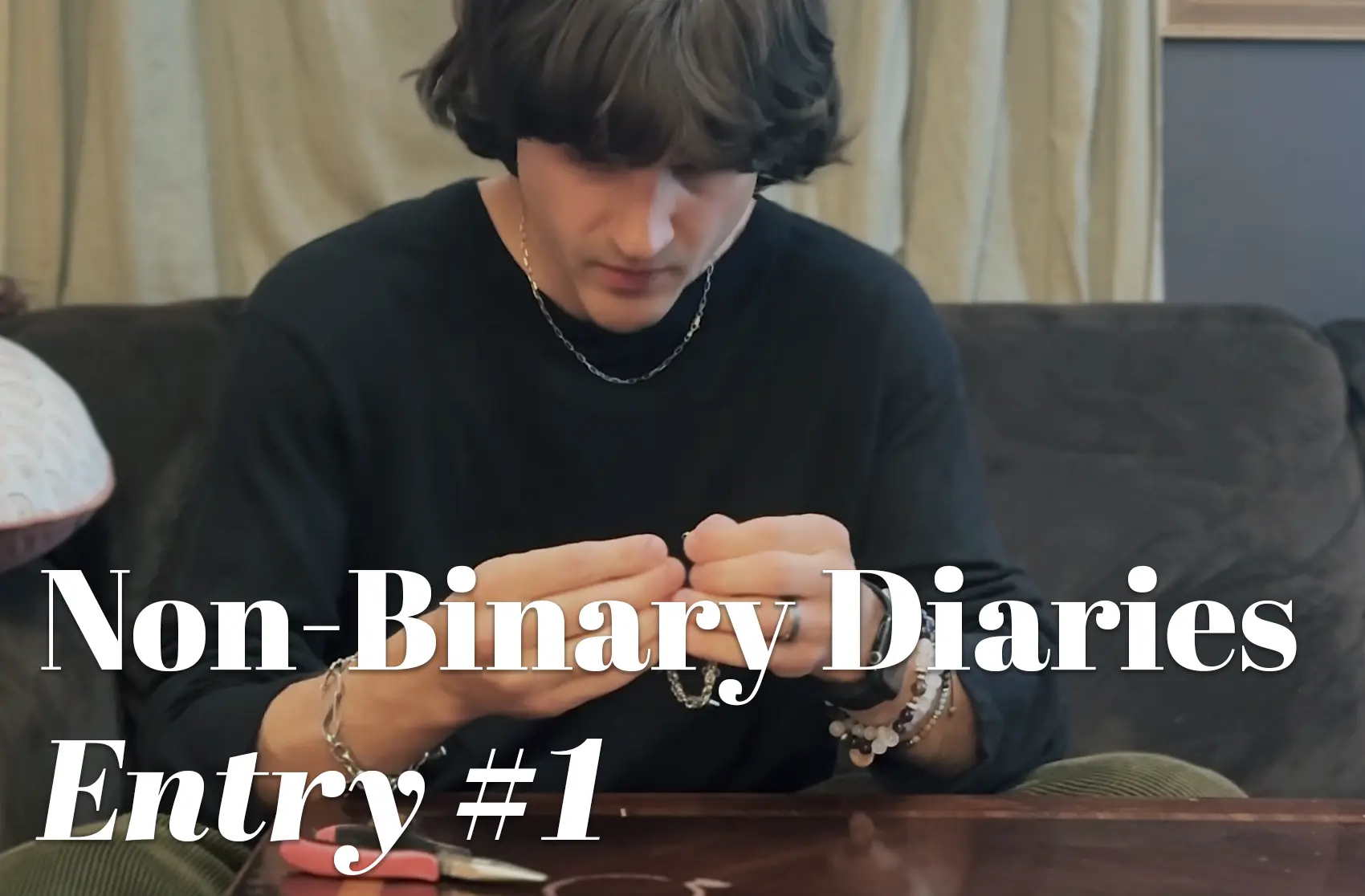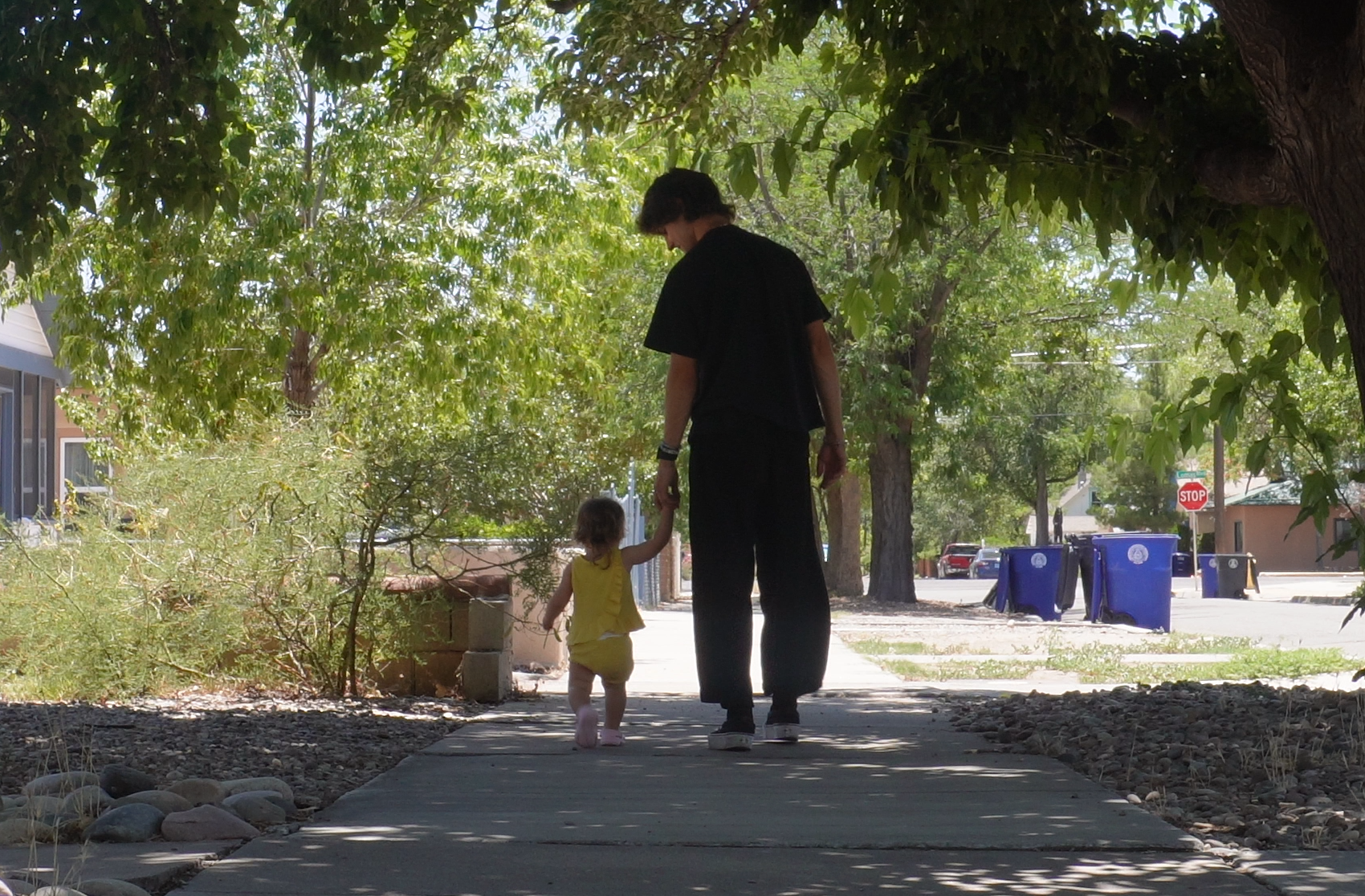Technology is slowly killing our creativity, but not in the way you might think. Sure, ChatGPT can write our essays for us and AI programs can create art, but this is a process that has been going on for much longer.
Technology has taken away our ability to be bored.
The Link Between Boredom And Creativity
When I was a kid, I would get so bored on summer break that my mom printed out a list of 100 different activities to do. Whenever I felt bored, I looked at the list and tried something new. Boredom led to me building new skills and experiences. But the benefits of boredom go far beyond that level of exploration.
If we never give our mind quiet time, we’ll never be able to formulate great ideas. The connection between boredom and creativity is nothing new — great thinkers from Nietschze to Socrates espoused the creative benefits of a walk, getting away from the distractions of life and just being alone with your thoughts. A 2014 study out of Stanford confirmed this, with the walking group showing a 50% increase in creative output compared to the control.

We can’t yet fully understand the impact of modern technology on the brain. The current young generation is the first one that has had unbridled access to technology all the time, 24/7.
The same is true for the rest of humanity, though. For years our forms of entertainment were either live shows or books. Then radio came about, bringing audio entertainment to the home. But it still wasn’t as all-consuming as video. Movies came out, but again, humans had to physically go to the theater. TV brought that home, but still required us to be in one physical location to consume.
Now, though, that screen is attached to us all the time, 24/7. Distraction is always within reach for the first time ever. Which means we’ve lost two of the most valuable uses of time - focus, and boredom. Focus, for creating output, for getting deep work done. And boredom for coming up with ideas, for inventing the things that we need focus to achieve.
How I Became Bored
I recently had the chance to be, well, bored. My wife had an event and we had a hotel room, which means I got to be alone, away from all the work I could do at home.
I only realize how dependent I am on distraction when I try to take it away. If I put my phone in a different room, I quickly feel the itch to go grab it - even if it’s just to look at the screen and make sure I have no new texts or Slack messages. When I’m focusing, I often use it as a reward - if I just get this one task done, I can go get my phone.
That’s exactly how it felt when I was at the hotel room alone. I put my phone in a drawer to focus on being present; I had a journal and book, but didn’t want to allow myself access to any screens. And it was harder than I thought.

Despite being in a beautiful hotel room and having things to engage with right in front of me, I felt like I was going crazy without access to technology. After about a half hour, all I wanted to do was pull out my phone for some reason, even though I knew I wouldn’t particularly enjoy the experience of sitting on the couch scrolling social media.
But I refrained, which is when I realized that my dependence on distraction was something I would need to wean off. I couldn’t just turn it on or off whenever I felt like it; I needed to train myself to go longer and longer without needing to look at a screen.
After a while, though, I found a certain peace to not having my phone. Once I pushed through the initial urges to distract myself, I found comfort in being able to think through things. I was able to explore feelings I’d been experiencing, pull on threads and see what they unravel, in a way I hadn’t in a while.
How I Intentionally Cultivate Boredom
Since that time at the hotel room, boredom is something I’ve been actively cultivating. I’ll often leave my phone at home when I go for a walk. But I’ve also used this idea to begin single-tasking. I put my phone away, in a different room, and sit down to get some work done or read a book.
I find that I’m able to achieve a flow state much more quickly that way. On days when I’m able to put my phone away for an extended period, I feel so much more accomplished, like I’m able to get to actually meaningful work instead of just bouncing around between a dozen tasks throughout the day.
Next time you feel the urge to pull our your phone or just to distract yourself, I’d encourage you to stop and ask yourself why. What feeling is compelling you to pick up a screen, to distract yourself? Is there a way to just sit with that feeling, live through it?
Once I started asking myself why, I found the answer, more often than not, was just that I was bored. That I had just completed a task and wasn’t sure what to do next, so my brain craved entertainment or distraction. That I was tired of staring at an Excel sheet at my job, so I wanted a distraction. Once I started looking at the “why,” picking my phone up, distracting myself, became much less appealing.
Intentionally cultivating boredom might seem like a novel concept, even a useless one. But for me, cultivating my boredom has improved my focus and creativity drastically, and it’s something I’ve started doing intentionally every day.



